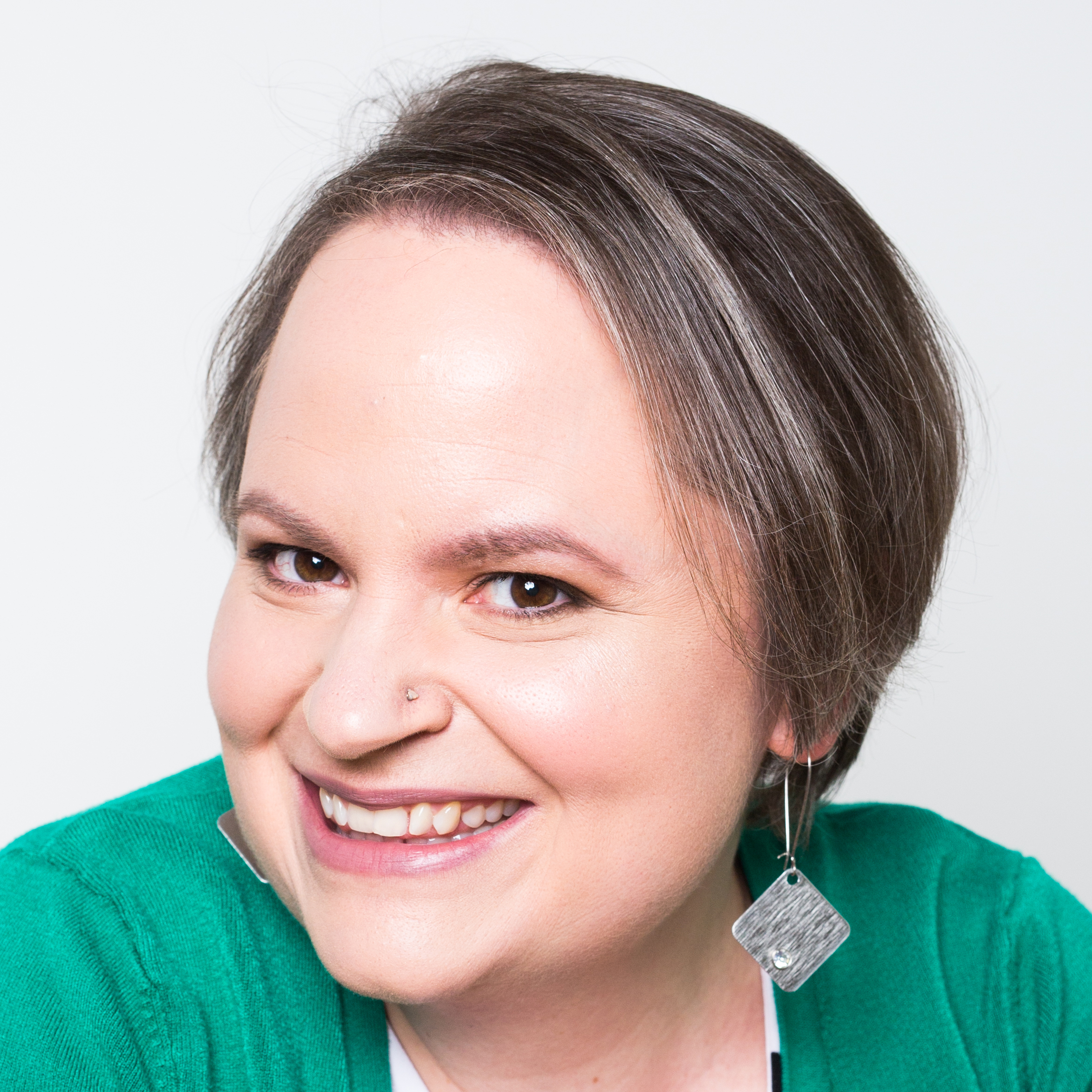Let’s begin by examining these two words:
Coddle – to treat in an indulgent or overprotective way
Courage – strength in the face of pain or grief | the ability to do something that frightens one
Why coddling may appear to be kind, it only serves us and not those we seek to help. Tough conversations are, well, tough and it’s natural to want to shield ourselves from the discomfort. We must be brave and draw on our courage if we are going to be of service to others as we navigate the challenging weeks and month ahead. As a long-time career professional, and as a fellow human, here are some of the very real lessons I’ve learned about this along the way.
Discomfort is where we find growth
Early in my career, as an employment counsellor working with youth, it was not uncommon for parents to reach out to me. They wanted to tell me about their fabulous children, why they were working so hard to advocate on their behalf, and why little Johnny was unmotivated but could be an amazing “A, B, or C” if only given a chance. I would listen, patiently, and then drop a bit of a shocker on them: I would not set up an appointment with their child unless he or she reached out to me personally. This was a lesson in discomfort for the both the parent and child as:
- We can love, support and wish the world for others but, ultimately, they are going to have to walk the path for themselves. Sometimes this means making the wrong choice – like not calling for a much-needed appointment, or not preparing for an interview. If we care about someone, we need to courageously lean into the discomfort of letting them learn this.
- While kids (and all people!) need to know that they have someone they can depend on, they also need to know that others are not responsible for their choices, their happiness or their lives. Courage comes from knowing that, even when times are tough, we can rely on ourselves. We can handle it.

It’s the hard stuff that shapes us
For every interview I’ve bombed, I’ve gained a lesson to guide someone else. For every embarrassing mistake I’ve made, I’ve gained a story to validate another on the journey. For every time I’ve fallen on my face and clawed my way upright again, I’ve gained a hard-earned insight that can be of value to someone who is struggling. Most importantly, these experiences have shown me what I’m made of, what I’m capable of and what I care about.
Every time we shield others from reality, we are robbing them of this growth and the opportunity to discover who they really are. Who knows how their experiences, both good and bad, will inspire and inform future generations? Challenging does not equal negative. Hard isn’t bad, it’s just … hard.
Thoughtful questions, not false promises
As a career professional, I see myself as both a resource and a guide. It would be irresponsible for me to tell people what they should do with their lives. Instead, I choose to ask good and even sobering questions so they can decide their next steps for themselves.
For example, when someone comes to me after reading the latest “guru guide” and tells me they are going to quit their job in the morning to do what they love, I may ask the following questions:
- What product or service will you provide?
- Is there a demand for this product or service?
- How will you make money?
- Will you be able to meet your current financial obligations?
- Do you have any savings?
- Have you researched the skill requirements needed for the average salary for this job in your region?
- Are you prepared to alter your spending or lifestyle as you get re-established?
“Every time we shield others from reality, we are robbing them of this growth and the opportunity to discover who they really are.”
The intent is not to derail someone’s dream, but to help them gather the information they need to make a conscious and informed decision. There are no right or wrong answers. Telling people what they want to hear is cheap and cowardly. The goal is to empower people, and this happens through personal accountability and choice. While quitting a job may be exciting in the moment, the thrill will wear off and panic will set in if your client suddenly discovers they can’t pay their rent next month.
If you’re alive, change is part of the deal
Avoiding change is impossible. Even if we completely avoid risk and carefully manage every part of our lives, no one can predict the future. I mean, who could predict that in 2020 a global pandemic would put large numbers of people out of work, shut down thousands of businesses, change the way we live and throw countries across the globe into economic crisis? As a recovering perfectionist, even I must concede that control is an illusion. We can plan and certainly prepare, but life is going to throw random curve balls at us that we could never in our wildest dreams (or nightmares) have imagined. Trying to shield others from this reality is not kind or fair. Strategizing ways to adapt or find solutions? Now you’re on to something.
We are not alone
Will it be an easy road back? Will work be the same? Will life return to normal? I doubt it. We can’t make guarantees for anyone, not even ourselves. Right now, the best thing we can do is allow people to mourn, acknowledge that things have changed and respect that all this uncertainty feels icky. Reach out. Connect. Be kind to those you serve. Have the courage to be kind to yourself.
Want the best of CareerWise delivered to your inbox each week? Subscribe to our popular CareerWise Weekly newsletter to receive top news and views in career development every Tuesday.








